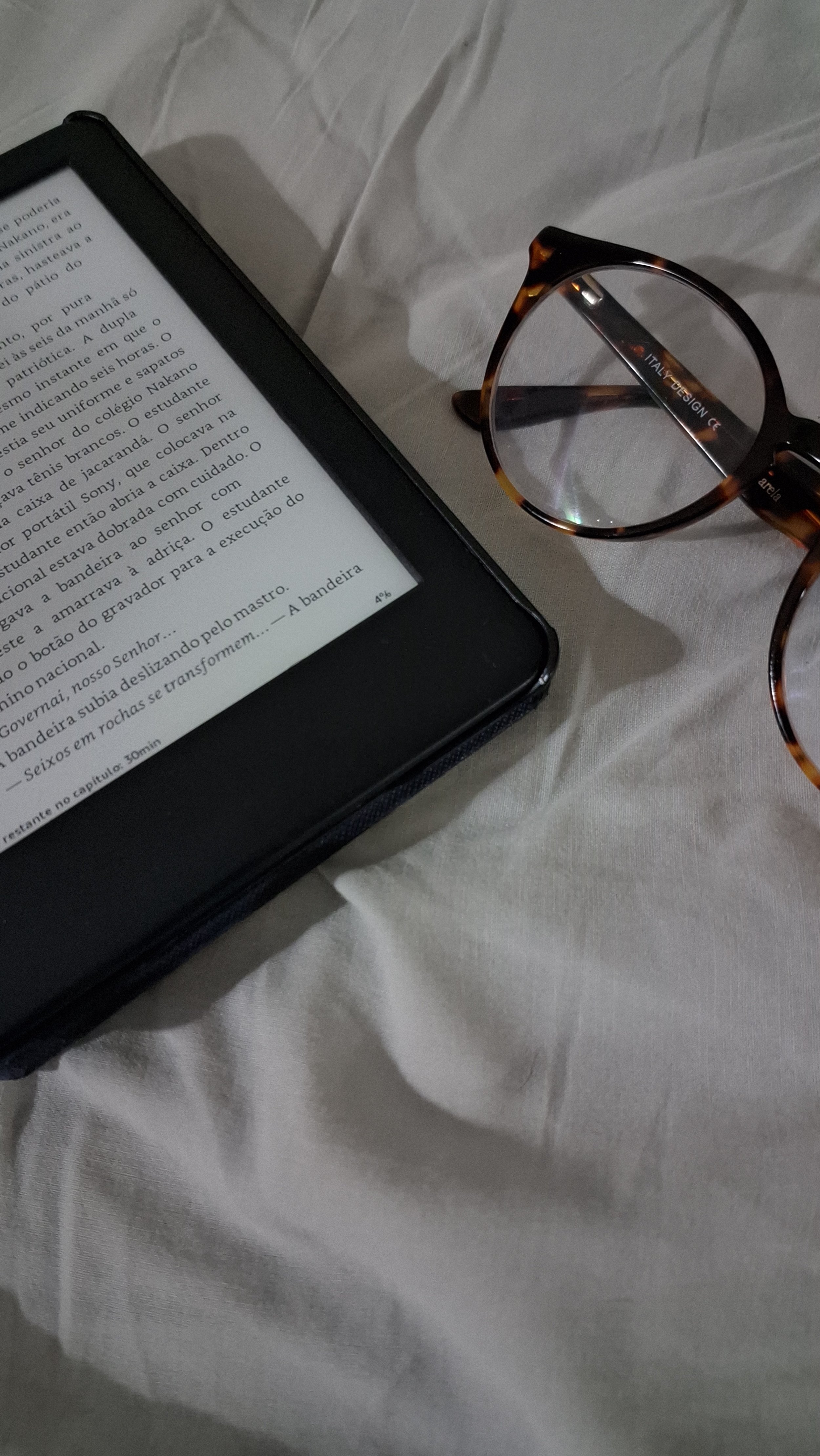My husband’s *slightly extra* sleep hygiene routine
My husband Morris gets a solid 7 to 9 hours of sleep every night. It’s not always perfect, but he has worked incredibly hard to identify what allows him to get the best possible rest.
As much as I make fun of my sleeping beauty for some of his habits, he does everything for good reason. Prioritizing sleep and understanding what allows you to hit your deep sleep and REM cycles is incredibly important to your overall health.
In Morris’ quest to nail his approach to sleep, he has learned a ton and has made a few small lifestyle changes that have made a huge impact. Keep on reading to learn about his sleep hygiene non-negotiables when it comes to getting that good, good shut eye.
Kick caffeine to the curb
Everybody is different, but for Morris he had to almost completely nix caffeine. Just like most thirtysomething-year-olds, he used to drink coffee every morning. He has pretty much fully switched to decaf and herbal tea but will occasionally treat himself to the real deal.
So, why consider limiting caffeine? Caffeine acts as a “tiredness blocker”, so the body doesn’t feel tired as long as it’s active in your body. Cutting it out completely might not be possible for all, but if you can avoid drinking it 12 hours before going to bed, you should.
Morris recommends reading “This Is Your Mind on Plants” by Michael Pollan to learn about caffeine and its impact.
No overeating at dinner
Hara hachi bun me (腹八分目). This famous Japanese saying, which Morris learned while watching the show “Live to 100: Secrets of the Blue Zones,” translates to "eat until you are eight parts (out of ten) full", or "belly 80 percent full".
Overeating, especially before bed, is no bueno. Of course, you shouldn’t go to bed hungry but be cognizant of how much you’re eating and how late those final bites are. Your body digests food slower when you’re sleeping, so if you go to bed too full, it can negatively impact your sleep.
Eye mask, ear plugs, mouth tape
Cover your orifices! Ok, ok, the trifecta might not be necessary for all, but depending on your sleeping situation, it’s important to consider how an eye mask and ear plugs might benefit you.
This is fairly obvious, but a dark, quiet room will allow you to fall asleep and stay asleep. If you are battling any outside lights and annoying noises, just block it out! Ear plugs and eye masks are definitely not one size fits all, so it’s important to test out some different options to see what works best for you. Here are a few of our recommendations:
Now, on to one of Morris’ favorite sleep hygiene tactics — mouth tape. Morris read the book “Breath” by James Nestor and his number one takeaway from the book is that you should breathe through your nose. The benefits of nose breathing are vast, including (but not limited to) improved dental health, lasting hydration, air filtration, and it can even change the shape of your face over time.
There are tons of different mouth tapes on the market, but Morris keeps it simple. He uses 3M tape and just uses a small strip each night to cover the front of his mouth so that the sides can still open. It’s important to still be able to get some air through your mouth in the event that your nose becomes clogged while you are asleep.
As you build up your confidence in nose breathing at night, you could consider switching to a mouth tape with more coverage. The Skinny Confidential mouth tape is a good option.
Clean, cool air
Your body temperature drops as you sleep, so sleeping in a cooler room will make it easier to fall asleep and stay asleep. The optimal room temp for sleeping is between 65 and 68 degrees Fahrenheit.
Meditate
Morris doesn’t do this every single night, but he often does a quick 5 – 15-minute meditation before hopping in bed.
There are many different beneficial approaches, but he chooses to do an unguided, silent meditation. He simply focuses on his breathing and staying present. He doesn’t resist or force any thoughts; he lets them come through and then leave all while maintaining focus on his breath.
A quick meditation is a great way to calm your mind and reflect on the day while beginning to prepare for the next. It allows you to sort through all the thoughts that could potentially keep you up as you’re trying to fall asleep (peep our anxiety blog post for a recommended meditation app).
Read a book
Lastly, if you need something to do before you hit the lights, pick up a book. If you’re a doom scroller, you’re not alone, but find a book that you’re excited to read and skip the screen. Morris reads every night and it helps to relax his mind and allows him to naturally drift off.
For more tips on getting a good night’s rest, check out our blog post on The *perfect* wind-down routine.
Sweet dreams,
WB



